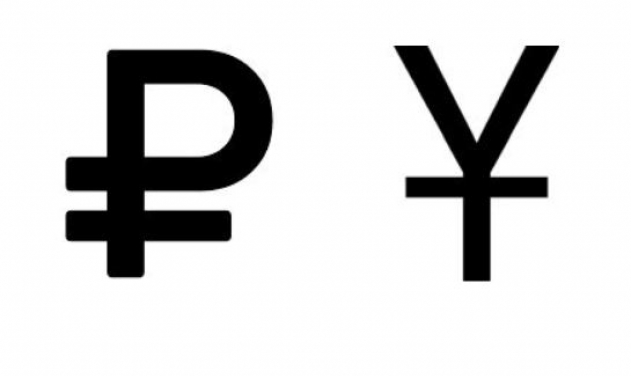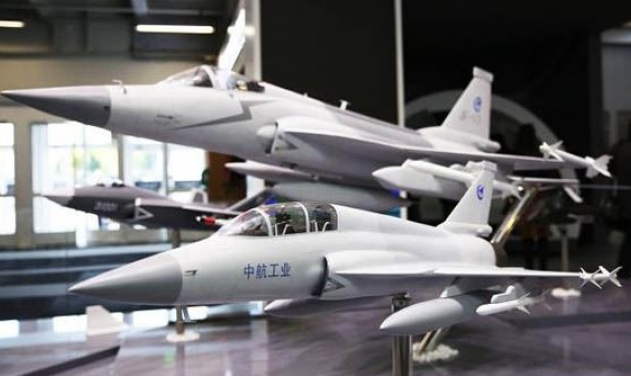China, Russia Take First Steps Towards Dollar-less Trade

In an attempt to bypass US sanctions on Russian entities mainly in defence and energy, Moscow has concluded an agreement with Beijing on switching to settlements in national currencies.
A mechanism for mutual settlements is planned to be set up by 2020. Initially, major state-backed companies will switch to payments in Rubles and Yuan, the currencies of Russia and China respectively. Settlements in national currencies would also be carried out on contracts that were originally concluded in US dollars.
The agreement reached last week authorizes Russia’s VTB and China Merchants Bank to carry out settlements, Izvestia newspaper reported. The two agencies will create "gateways" between the Russian and Chinese counterparts of SWIFT, the report said.
Quoting Chairman of the State Duma Committee on Financial Market Anatoly Aksakov, the newspaper reported that in order to increase the volume of settlements in national currencies, it will be necessary to form a market for Ruble and Yuan financial instruments. This will insure against fluctuation risks in the exchange rate on key goods in Russian-Chinese trade. According to him, in the coming years, the share of settlements with China in rubles can increase from the current 10% to 50%.
“Russian arms exporters are able to sustain the sanctions blow launched by Western competitors, without losing the momentum gained and successfully adapting to a changing world order, including through a transition to settlements in national currencies for arms delivered," said Alexander Mikheev, Director General of Rosoboronexport at the Army 2019 forum in Moscow.
Russia has offered similar terms for trade in national currencies to India its biggest arms buyer and negotiations are said to be on with Indian banks. However, an earlier report had said that Indian banks were “risk-averse” and not much headway was made so far.
For some other arms buyers such as Indonesia and Malaysia, Moscow has offered barter trade. But these countries do not have much to give other than commodities which was subject to huge fluctuations in international pricing.











